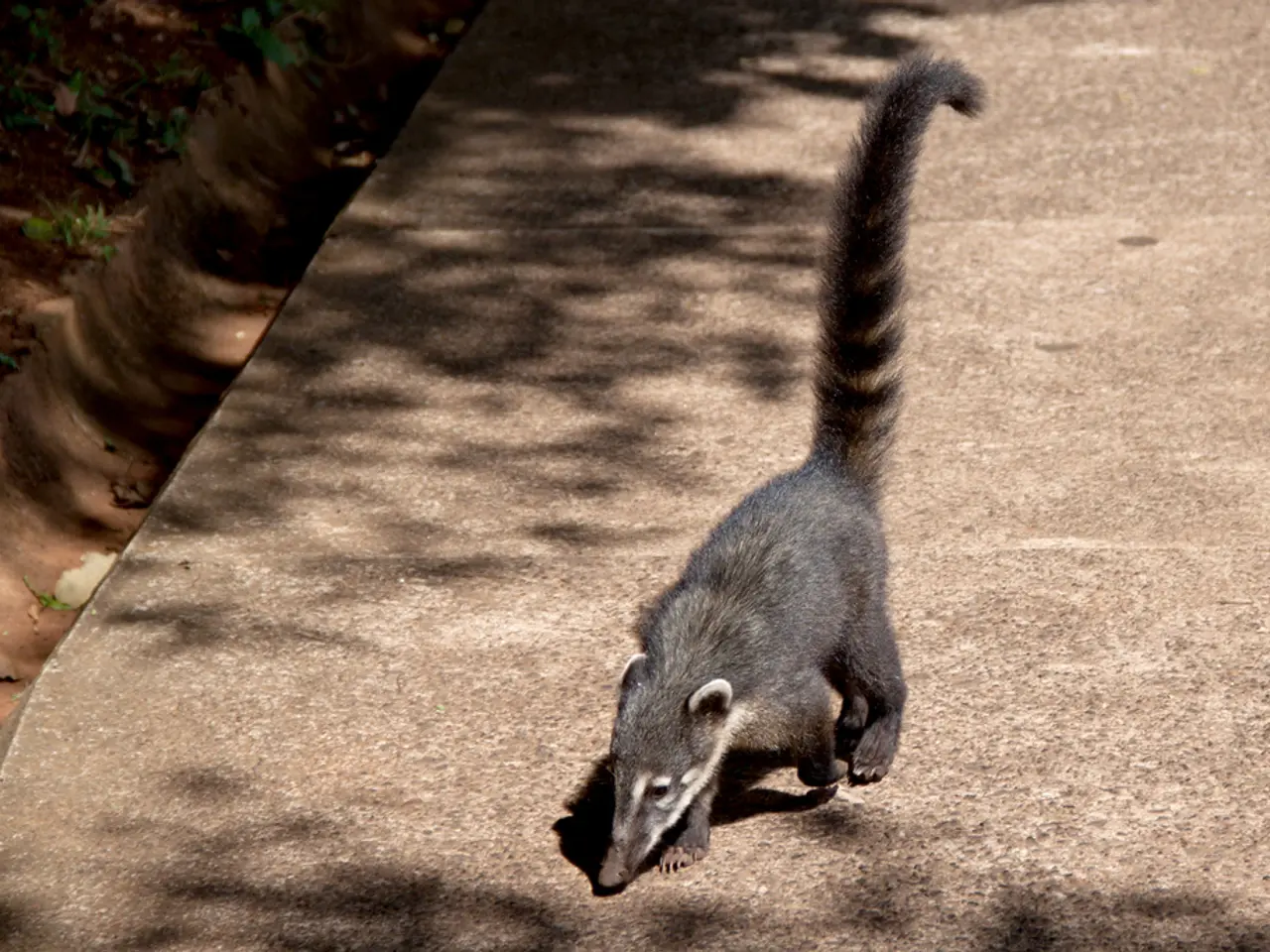Debating the Rights to Genetic Possessions: The Controversy Surrounding the Patenting of Species
======================================================================================================
In the rapidly evolving world of biotechnology, the patenting of species—plants, animals, and genetically modified organisms—has become a contentious issue with far-reaching implications. This article explores the complex impacts of genetic patents on farmers, researchers, consumers, and indigenous communities, and delves into the ethical debates that surround this topic.
Farmers find themselves in a challenging position as patented seeds and species are often controlled by corporations, necessitating the purchase of new seeds each season under licenses. This not only increases costs but also threatens traditional agricultural practices, restricting seed saving and replanting rights. The dominance of patented hybrid and genetically modified (GM) seeds displaces indigenous and traditional varieties, thereby diminishing on-farm genetic diversity and eroding local agricultural biodiversity and knowledge.
Researchers face significant hurdles due to the complexity of navigating patent landscapes, often encountering broad and overlapping claims that complicate freedom to operate and raise costs for developing new varieties or conducting research. The patenting of biological processes, species, and genetic materials can potentially limit open and collaborative scientific advancement.
Consumers are indirectly affected through limited seed diversity, which can lead to reduced crop variety and potential increases in food prices. The concentration of control over seeds and biological materials in the hands of a few multinational corporations can reduce market competition and availability of affordable, diverse agricultural products.
Indigenous communities are particularly impacted as patenting commercializes biological resources traditionally managed under indigenous knowledge systems. This often results in loss of control over native landraces and genetic resources essential for cultural identity and food sovereignty. Furthermore, indigenous groups may face barriers to participating in research and benefit-sharing due to inequalities in access to technology and intellectual property regimes that do not adequately recognize or protect traditional knowledge.
The patenting of species confers control and profit to corporate entities but often undermines farmers’ traditional practices, restricts research freedom, limits consumer choice, and marginalizes indigenous communities by appropriating their biological and knowledge resources without equitable inclusion or benefit sharing. These effects highlight ongoing debates about balancing innovation incentives with conservation of biodiversity, social justice, and food security worldwide.
Corporations patenting plants or genes discovered in the wild, often with roots in indigenous knowledge, can lead to outrage and demand for laws that protect traditional knowledge and ensure fair sharing of profits. Genetic modification techniques, such as CRISPR, allow scientists to insert, delete, or alter genes within an organism's DNA, sparking intense legal battles and new ethical questions.
The debate over patenting species has direct consequences for public health, as patents on key genes or therapies can limit access and drive up the cost of life-saving treatments. The idea of patenting life became possible in the late 20th century with advances in gene manipulation, and the U.S. Supreme Court's decision in Diamond v. Chakrabarty in 1980 allowed the patenting of genetically modified organisms.
In everyday life, farmers who plant patented seeds, such as Monsanto's Roundup Ready crops, are required to buy new seeds each year instead of saving them from previous harvests. Genetically modified soybeans dominate agriculture due to their resistance to herbicides. The future of genetic ownership is being shaped by technologies like CRISPR, which allow for precise editing of DNA, further complicating the debate over who should control and profit from life's most fundamental building blocks.
In conclusion, the patenting of species raises profound questions about values and the relationship between humanity and nature, necessitating thoughtful, fair, and ethical rules as science advances at breathtaking speed. The choices made today will have far-reaching implications, affecting the relationship between humanity and nature, the protection of nature's most fundamental gifts, and the balance between innovation and fairness.
- In the realm of biotechnology, the patenting of plants and genetic materials could potentially restrict research by creating intricate obstacles for scientists, hindering the pursuit of new varieties and collaborative scientific advancement.
- The implications of patenting species extending to health-and-wellness, as these patents might limit access and raise costs of life-saving treatments associated with key genes or therapies, impacting medical-conditions management significantly.
- As biotechnology continues to evolve, addressing ethical concerns related to the patenting of species will be essential, ensuring health-and-wellness, fairness, and a balance between innovation and preservation of the natural world, considering its direct impact on farmers, researchers, consumers, and indigenous communities.




